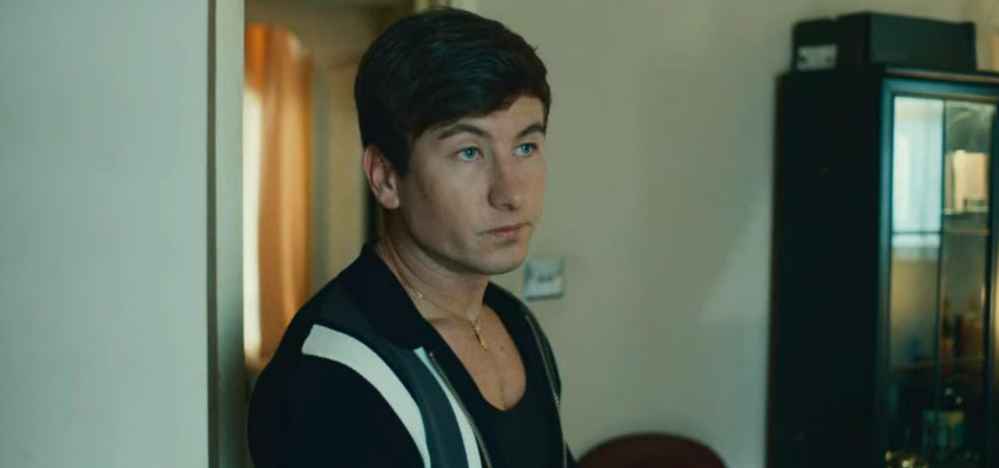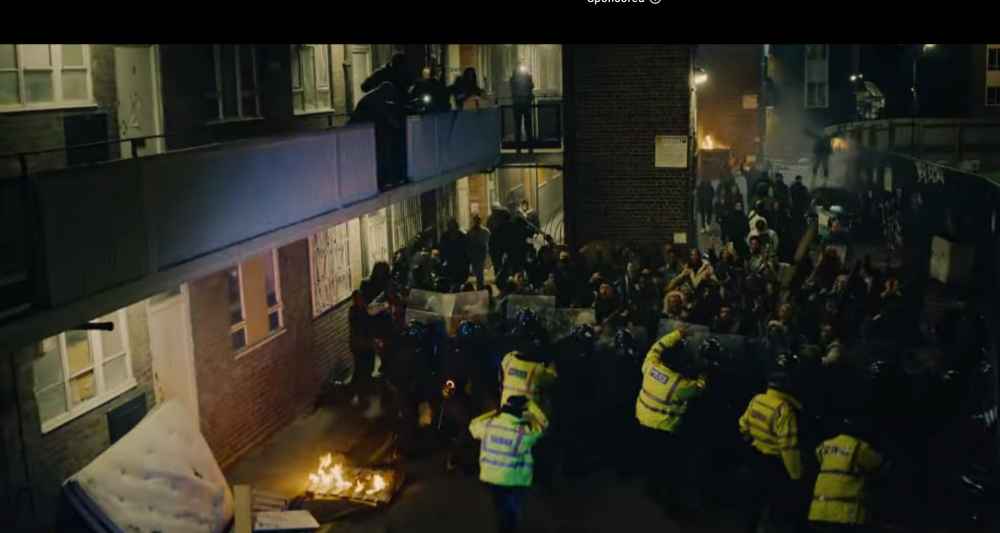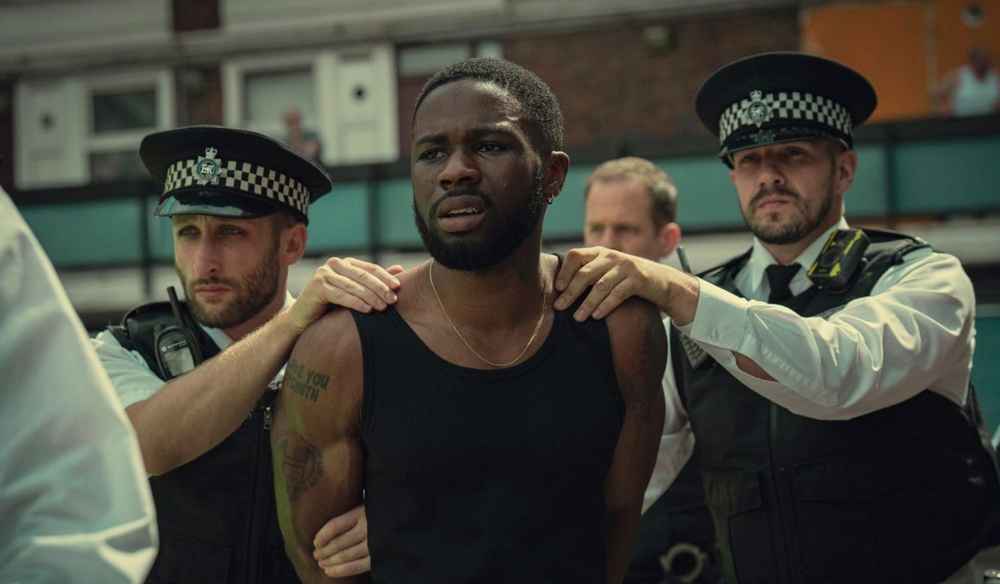By Lily Wheeler, Third Year, French, Spanish and Italian
The highly anticipated final series of the Top Boy saga has at last arrived, and it certainly didn’t disappoint. For lovers of gritty, suspenseful, and emotional dramas, the closing act of this contemporary urban epic which has graced our screens for over a decade, cannot be missed.
Over the course of the six-part narrative themes of loyalty, vengeance, community, ethics, love, and family serve as the backdrop to the ultimate power struggle between childhood friends and leaders of East London drug empire Dushane (Ashley Walters) and Sully (Kane Robinson aka Kano). The series marks the culmination of years of friction and clashes between the two climax in a ferocious battle to determine who comes out 'on top'.

Kane Robinson's performance as Sully shines through. As Sully challenges his established role of underdog to Dushane, He proves to be capable of a shocking level of brutality, reminiscent of the hot-headed Sully from the early days of the show – his cold-blooded barbarism aided by more cunning and craft in his decision-making prove Sully to be a serious rival to Dushane.
Robinson’s exceptional performance penetrates the extent of hopelessness and self-loathing Sully experiences throughout this series. Robinson is successful in conveying the most complex of emotions through his eyes and face alone – the murderous, homewrecking Sully cannot help but remain likeable and charismatic as Robinson’s execution of the role solicits sympathy from the viewers.
Another shining star of this series is BAFTA winner Jasmine Jobson who plays Jaq. Jaq’s narrative constitutes a greater part of the story in this series as we witness a more vulnerable and sensitive side to the previously cold-hearted drug dealer.

In this series we witness Jaq confront a complex ethical paradox which leads to some untimely decision-making. Jobson succeeds in adding a nuanced layer of femininity to the masculine dominated world of drugs, guns and violence - resonating with mothers, sisters and women in same-sex relationships alike.
Top Boy's final series is particularly striking in so far as bringing political injustices within society to the fore of drama and excitement. Whilst the show’s political narratives have previously remained on the periphery, in this series we see the rage of the Summerhouse residents made manifest in the ferocious riots which take centre-stage.

Affirmed by executive producer Ashley Walters himself, riots and protests are notoriously difficult to capture authentically on screen. Although Walters may admit that he was apprehensive about filming the riot scenes, he need not have been. The riot scenes in Top Boy, led by Nathalia Athanasiou aka NoLay’s stellar portrayal of ex-convict turned social activist Mandy, succeed in capturing the anger, frustration and despair of a community tired of being repeatedly short-changed by the government.
Photography director Kanamé Onoyama’s partiality for tracking shots exudes chaos Filmed on the Samuda Estate in East London, the on-location set legitimises the gritty subject matter whilst adding a layer of authenticity to the scenes. Some of the scenes in this season are unmatched in their ability to provoke raw, unfiltered rage at the system and its failings.
All in all, authenticity is at the heart of this season of Top Boy - from compelling individual performances, to the 100% on location set, to representation amongst cast and crew members alike. Through facilitating black creatives to voice black experience, Top Boy has forged a legacy of raw storytelling where real people living real lives take centre-stage.
Featured Image: IMDb
Did the final season of Top Boy live up to your expectation?







